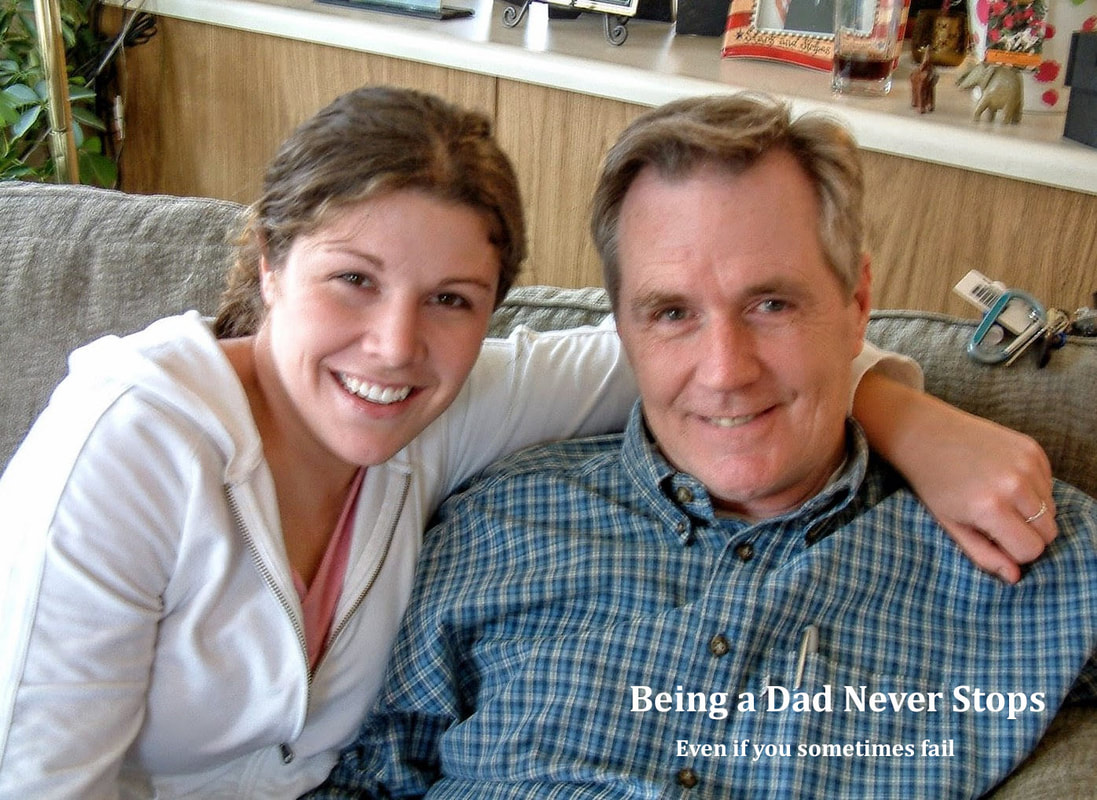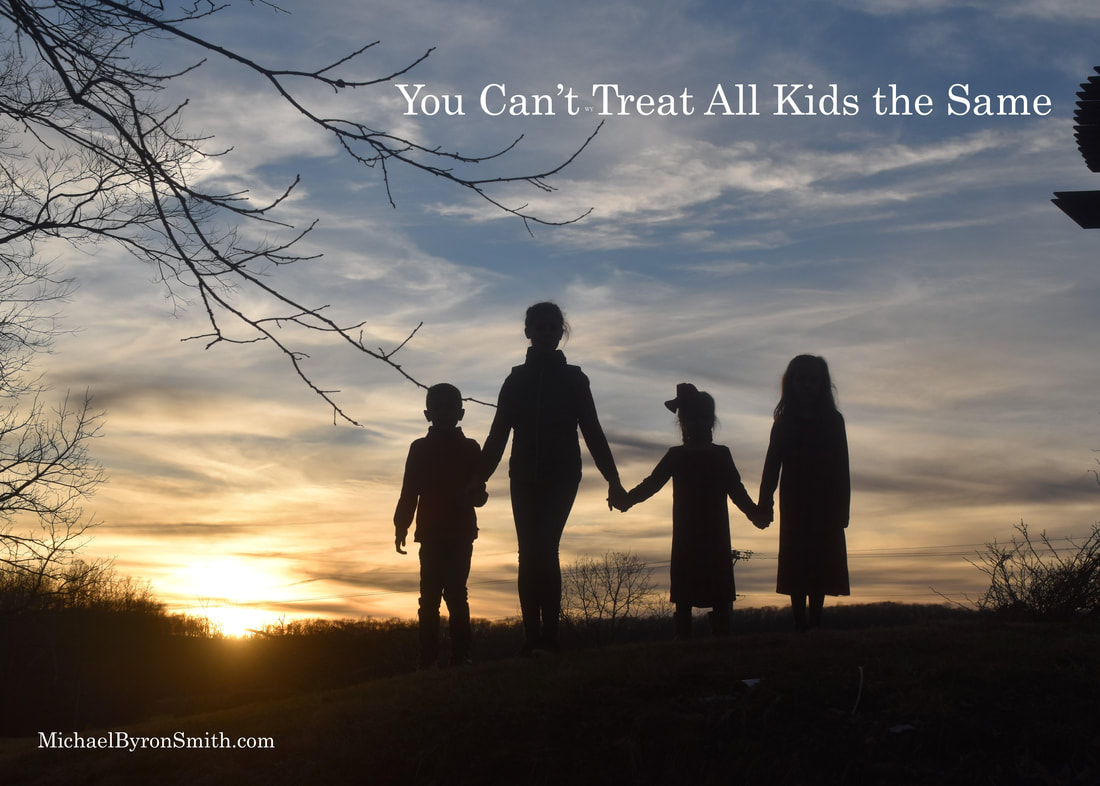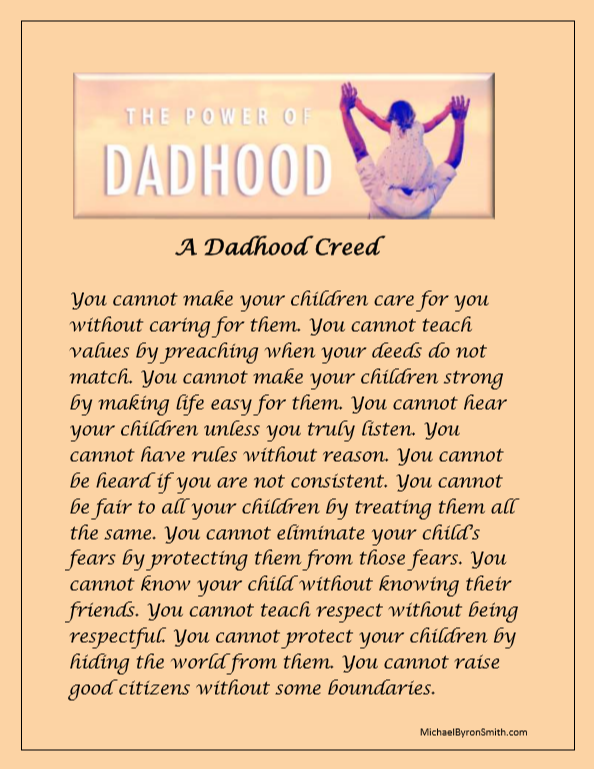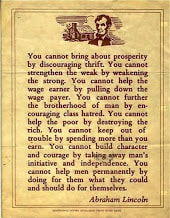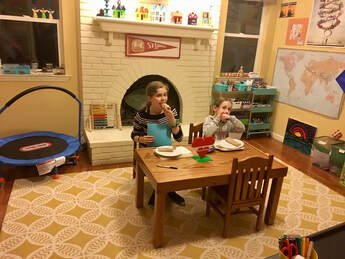 My granddaughters having lunch during homeschooling
My granddaughters having lunch during homeschooling I have some non-medical prescriptions to suggest that hopefully will help during the social distancing phase of the Covid-19 crisis.
- Take a drive in the country. Better yet, go there and talk a walk through nature.
- Keep informed, but do not watch the news 24-7.
- Take advantage of binge-watching a series on TV. Escape is nice.
- Home school your children. You will learn as much about them as they will learn from you.
- Catch up with friends with dreaded social media. (Social media can be as good or bad as you want to make it)
- Read a book or two!
- Facetime friends and family
- Write a journal. It may of interest to your grandkids when this is in the history books.
- If you’re like me, you need to organize your photos.
- Blow off the dust on those board games.
- Take a course online. I’m watching a ‘Udemy’ course about Photoshop Elements.
- Take a walk in your house if you can’t walk outside. It’s easy if you have a circular path or long hallway or a basement in your house.
- Dance to Pandora, Spotify, iTunes, or your favorite radio station. Exercise and fun in one activity.
- Videoconference with your grandparents, grandkids, or friends using Zoom or another service.
- Do a puzzle using https://im-a-puzzle.com/
- Use cardboard boxes with holes to play indoor golf with your kids. No drivers!
- If you are alone, call somebody or talk to Alexa. (“Alexa, tell me some good news”)
- Clean out your closets/garage!
- Search for good Podcasts for you and your kids. There are tons! (e.g., Fun Kids Science Weekly )
- Catch up on sleep, if possible. Nap when your kids nap, or just enjoy the quiet.
- Think about and enjoy the spring weather! It should get better each week.
- Do a coordinated drive-by for kids’ friends’ birthdays. Make signs, yell out your windows, and honk your horns! (Already happening in my neighborhood.)
- Most good ideas come not from your education but letting your mind rest. Take advantage of the opportunity to push ‘everyday workday’ thoughts out of your head - those that generally take up most of your time.
- Stop and think about what you are now missing and miss so you can be grateful when you get it back.
More importantly, the ideas this list provides is a prompt to use your imagination to make lemonade out of this lemon of a virus.
I’m hoping the COVID-19 crisis and requirements for family isolation will connect fathers, mothers, and children like never before. But with that comes the need for patience! Escape to a room to let off any tension you may find building up. Something to consider in advance!
Let’s get through this!
#powerofdadhood

